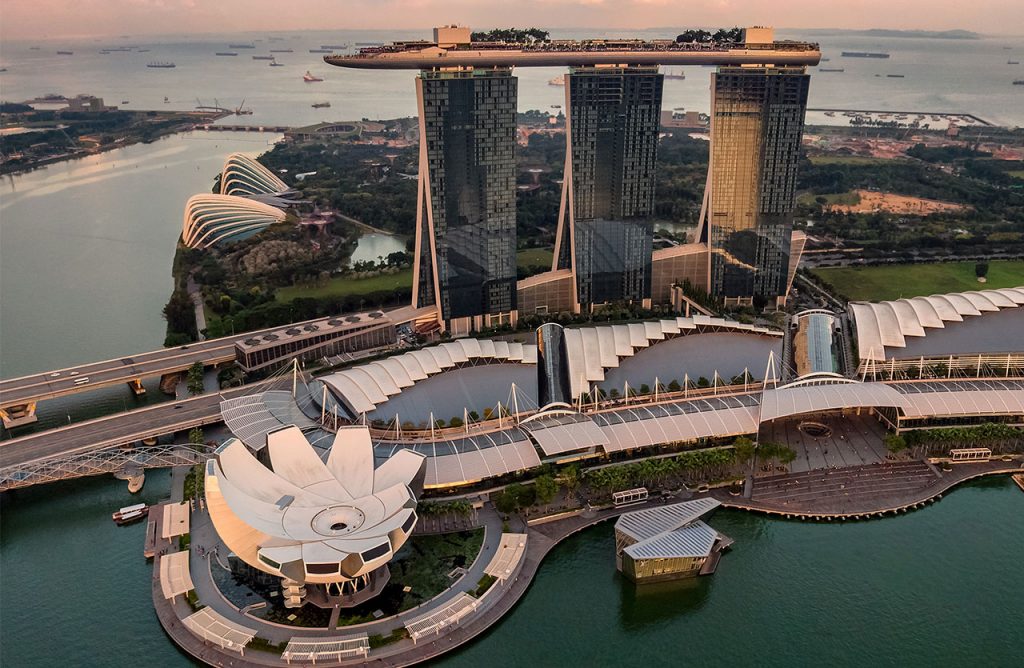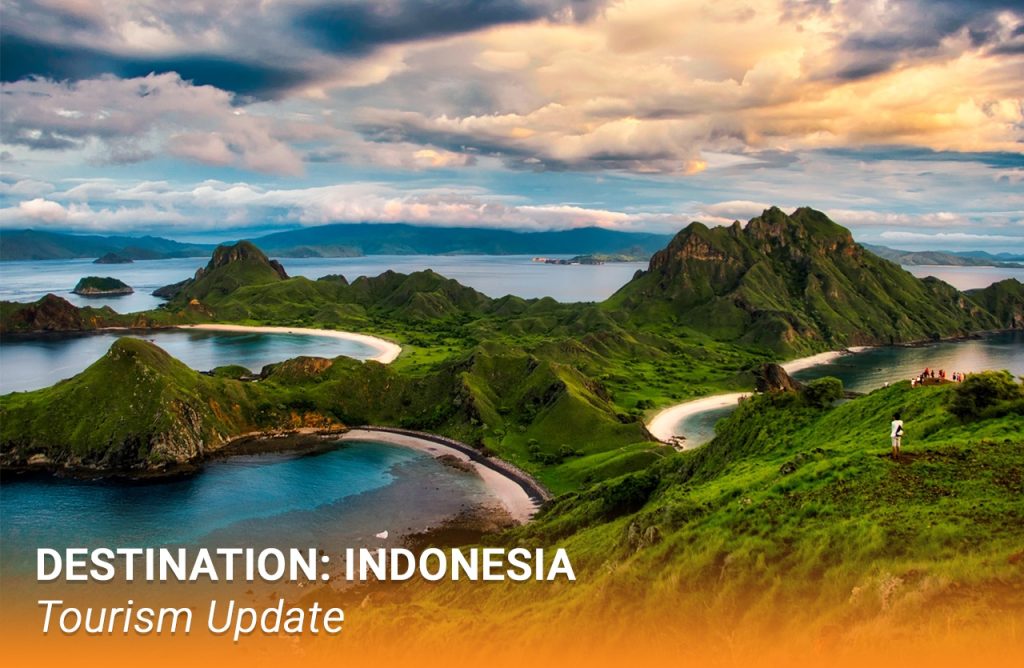
In a bid to kick start essential business travel between the two neighbouring nations, Indonesia and Singapore have agreed to open a travel corridor. The arrangements, known as the Reciprocal Green Lane (RGL), will officially come into effect on 26th October.
The RGL travel corridor will link Singapore and Indonesia by both land and sea; flights will be permitted between Soekarno-Hatta International Airport and Changi International Airport, while Batam Ferry Terminal will also connect to Singapore’s terminal Tanah Merah. The RGL will focus solely on essential business travel and is not expected to include allowances for tourism at this early stage.
The news was confirmed at a press conference on Monday (12/10), in which Indonesian Foreign Minister Retno Marsudi announced that travel via the corridor “may be available within several days in accordance with Indonesia’s e-visa application process and Singapore’s safe travel pass.” The minister reiterated that the travel corridor would not permit travel for tourism purposes, and has been created to facilitate diplomatic engagement and business trips.
To ensure safety, the RGL corridor will be opened and operated on the proviso of strict safety protocols being enforced at both ends. Travellers will be required to take two polymerase chain reaction (PCR) tests – one within 72 hours before departure and one upon arrival at the airport or ferry terminal. According to Retno, these tests will be provided by “mutually recognized healthcare institutions.” Those wishing to make the journey will also be required to present official letters of sponsorship or documentation from their employers or business partners, along with an approved visa, in order to travel.
The Indonesian government has already established travel corridors with the United Arab Emirates and South Korea, in order to facilitate contact between state departments and essential businesses in each of these countries. Although these schemes do not currently include tourism, the existence of approved corridors is a positive indication that international travel, when controlled correctly, can open up the economy without compromising public safety. This bodes well for the tourism sector, which has been heavily impacted by the restrictions imposed by Covid-19.





